DARQ Motto
“Human nature has been wave~quantum from the beginning and converts well time into thinking.”
Doktor Habdank Tadeusz
DARQ Philosophy in the aspect of humanistic perception of homo quanticum
The DARQ philosophy, in the aspect of humanistic perception of homo quanticum (quantum human), embodies a vision of human potential and interconnectedness within the quantum era. It recognizes the profound impact of Distributed Ledger Technology (DLT), Artificial Intelligence (AI), Extended Reality (XR), and Quantum Technology (QT), including Quantum Computing, on shaping human experiences and capabilities. Embracing the notion of homo quanticum, this philosophy acknowledges that individuals are not only part of the physical, electrical, and energetic realm but also intricately entangled with digital realities and quantum possibilities. It emphasizes human consciousness and values, striving to empower individuals with inclusive, ethical, and responsible technology that enhances well-being and advances humanity’s collective intelligence. The humanistic perception of homo quanticum within DARQ philosophy envisions a harmonious coexistence between human potential and the transformative power of these technologies, fostering a holistic and compassionate approach to embracing the quantum age.
DARQ Society ~ Distributed Ledger Technology DLT
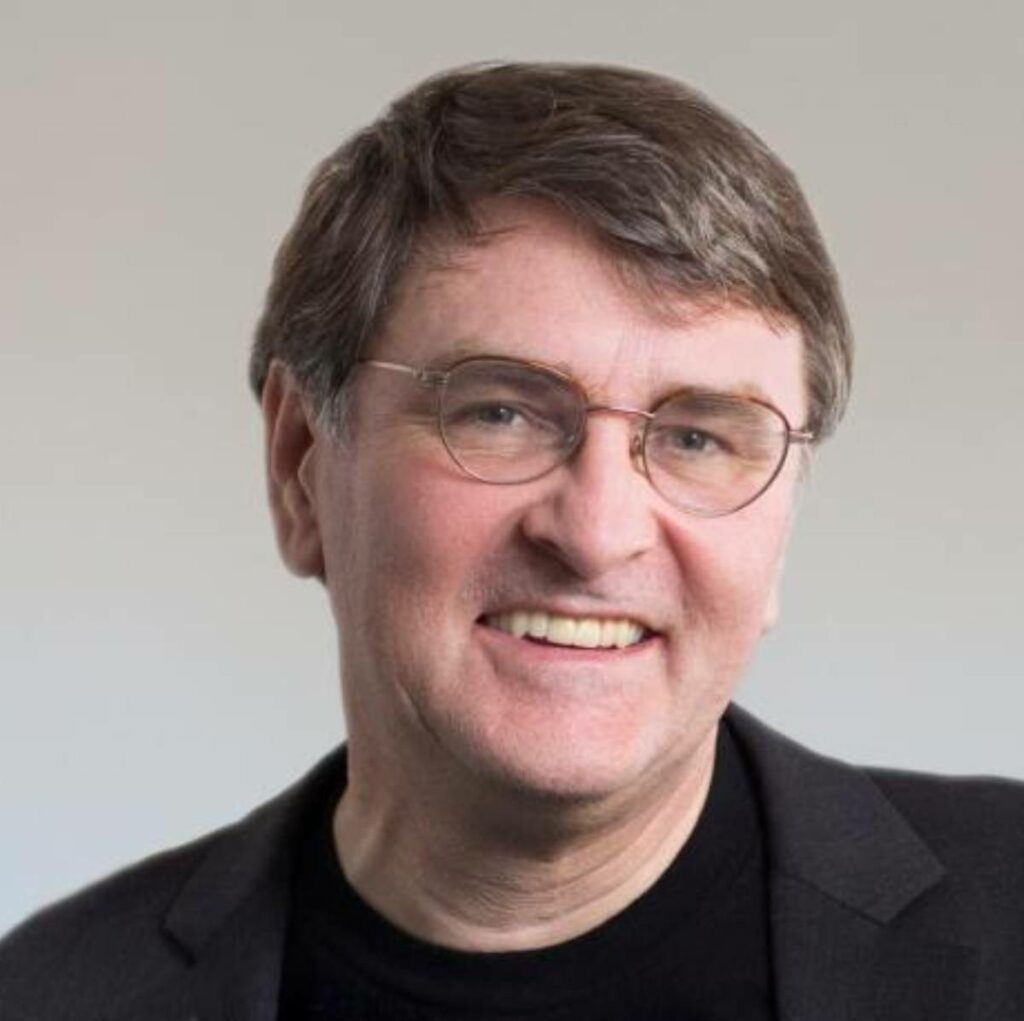
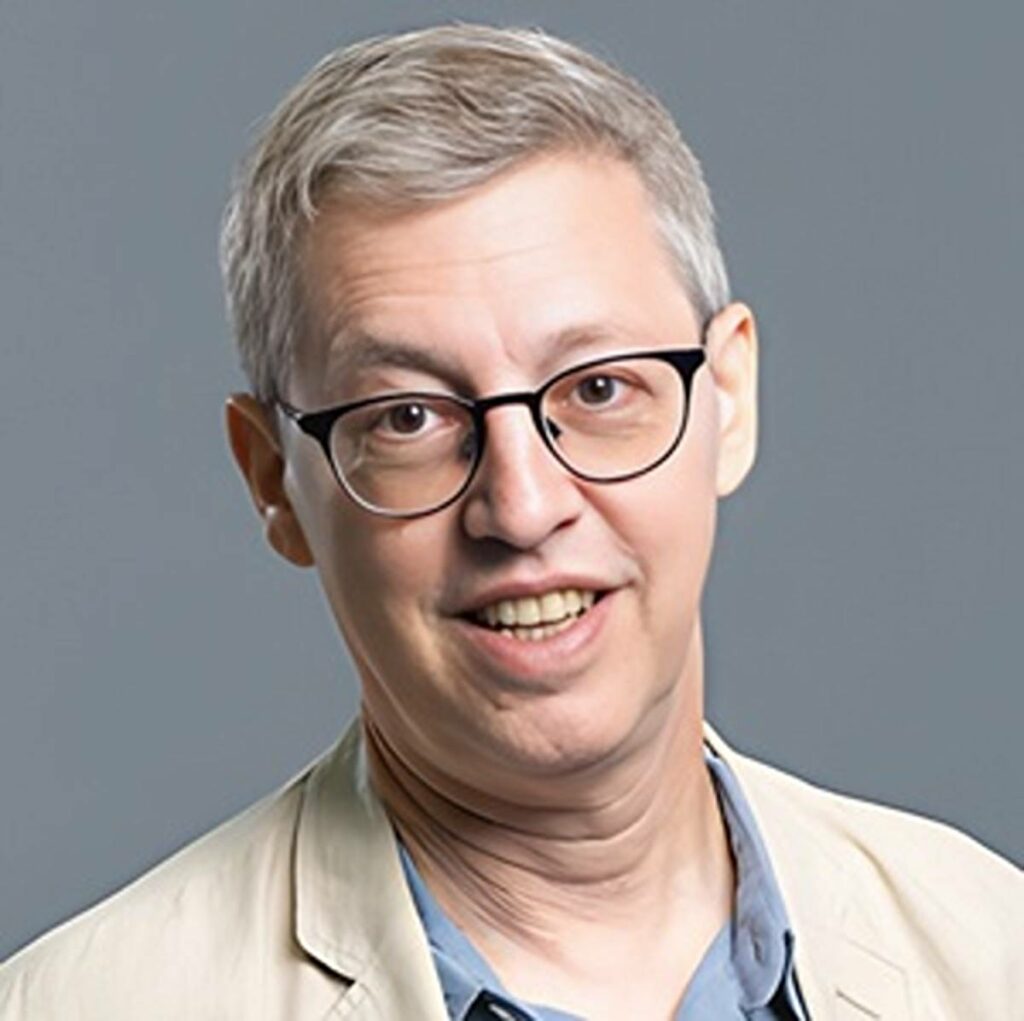
Stuart Haber and Scott Stornetta, computer scientists, played a pivotal role in shaping Distributed Ledger Technology (DLT). Back in 1991, their co-authored research paper, “How to Time-Stamp a Digital Document,” revolutionized the field by introducing the idea of using cryptographic hashes to establish an unalterable record of digital data. This pioneering work served as the bedrock for the development of DLT as we know it today.
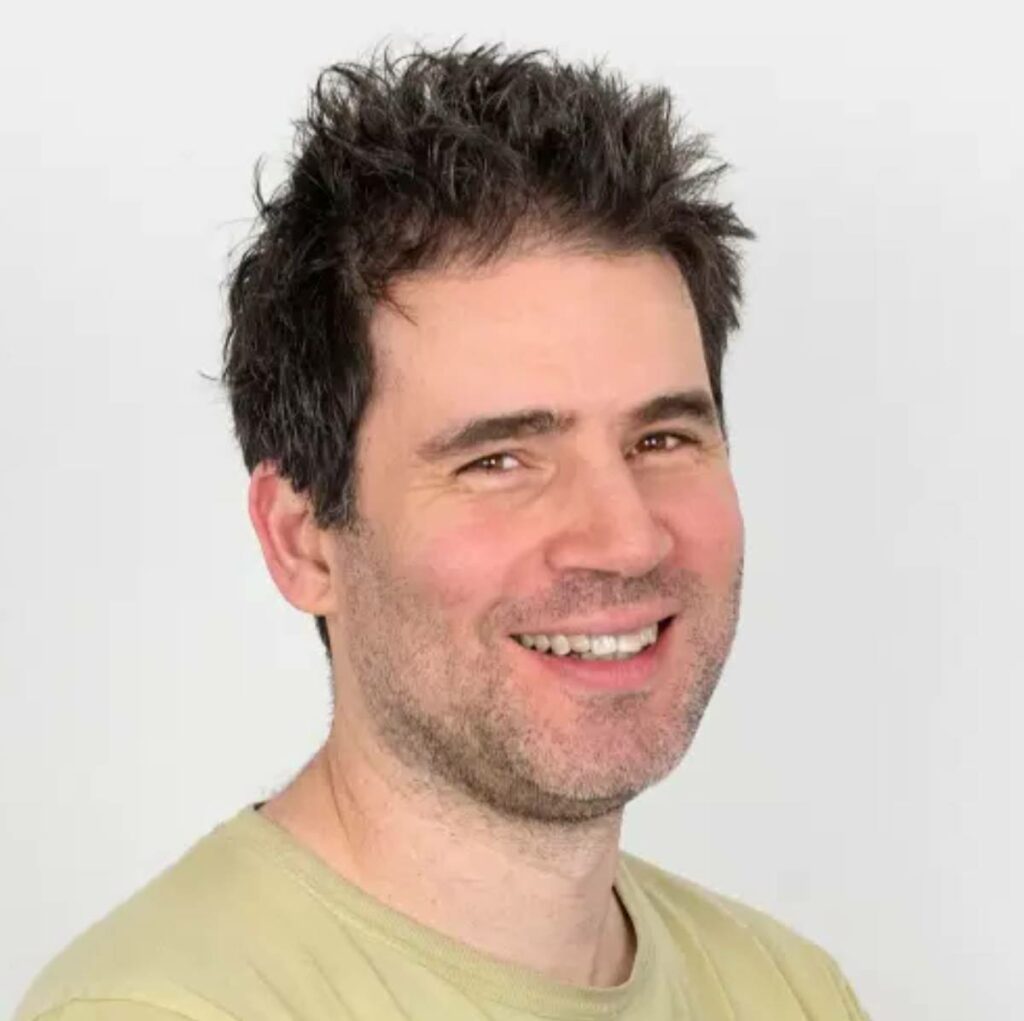
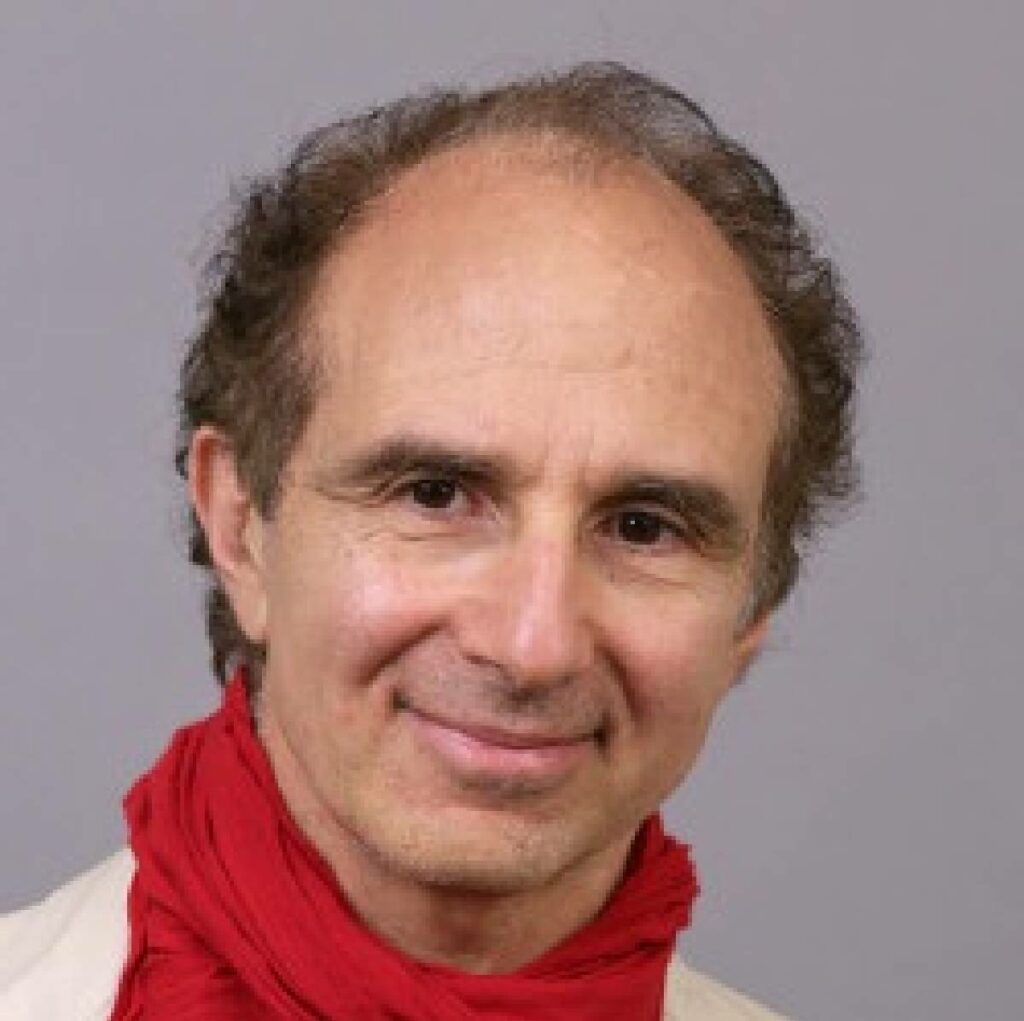
David Mazieres, a renowned computer scientist and Stanford University professor, is credited as the creator of the Stellar Consensus Protocol (SCP). Alongside him, Dennis Shasha, another esteemed computer scientist, professor, and expert in databases, data mining, and algorithms, collaborated on a paper published in 2002 titled “Building secure file systems out of Byzantine storage.” This seminal work offered a groundbreaking solution to construct a trusted file system on an untrusted server, significantly influencing the operational principles of modern-day Distributed Ledger Technology (DLT) networks.
DARQ Society ~ Artificial Intelligence AI

Singularity AI & Raymond Kurzweil
Raymond Kurzweil, a prominent futurist and pioneer in pattern recognition technologies, has made profound contributions to society by inventing groundbreaking solutions that empower individuals with disabilities and seamlessly blend technology with artistic expression. His revolutionary reading machine for the visually impaired earned him the prestigious Lemelson-MIT Prize in 2001, a recognition accompanied by a substantial award of $500,000, underscoring the significance of his achievements.
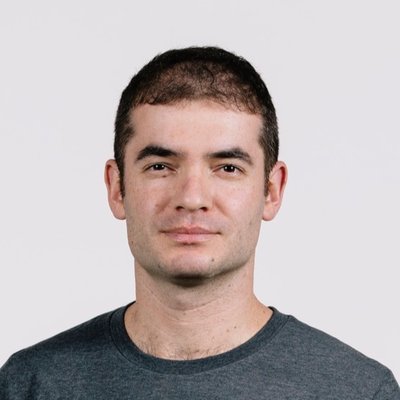
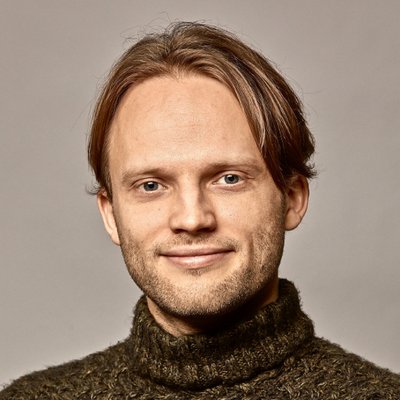
Ilya Sutskever, the Co-founder and Chief Scientist of OpenAI, and Jan Leike, a Research Scientist at Google DeepMind and Research Associate with the Future of Humanity Institute, have been chosen to lead a pioneering OpenAI team focused on the crucial task of aligning superintelligent AI systems with human values. Their mission is to ensure that as AI progresses beyond human intelligence, it continues to adhere to and respect human intentions and objectives, safeguarding the alignment between AI and humanity.
DARQ Society ~ Holographic Reality HR
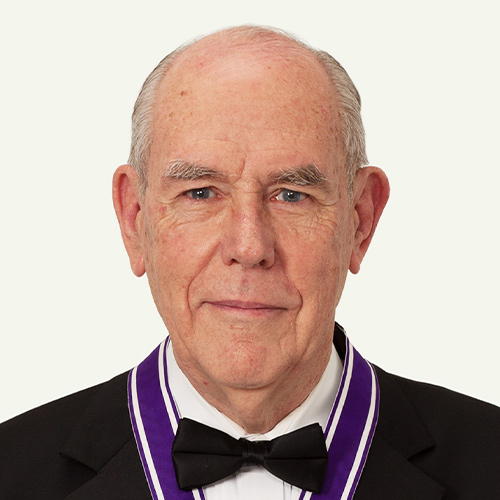
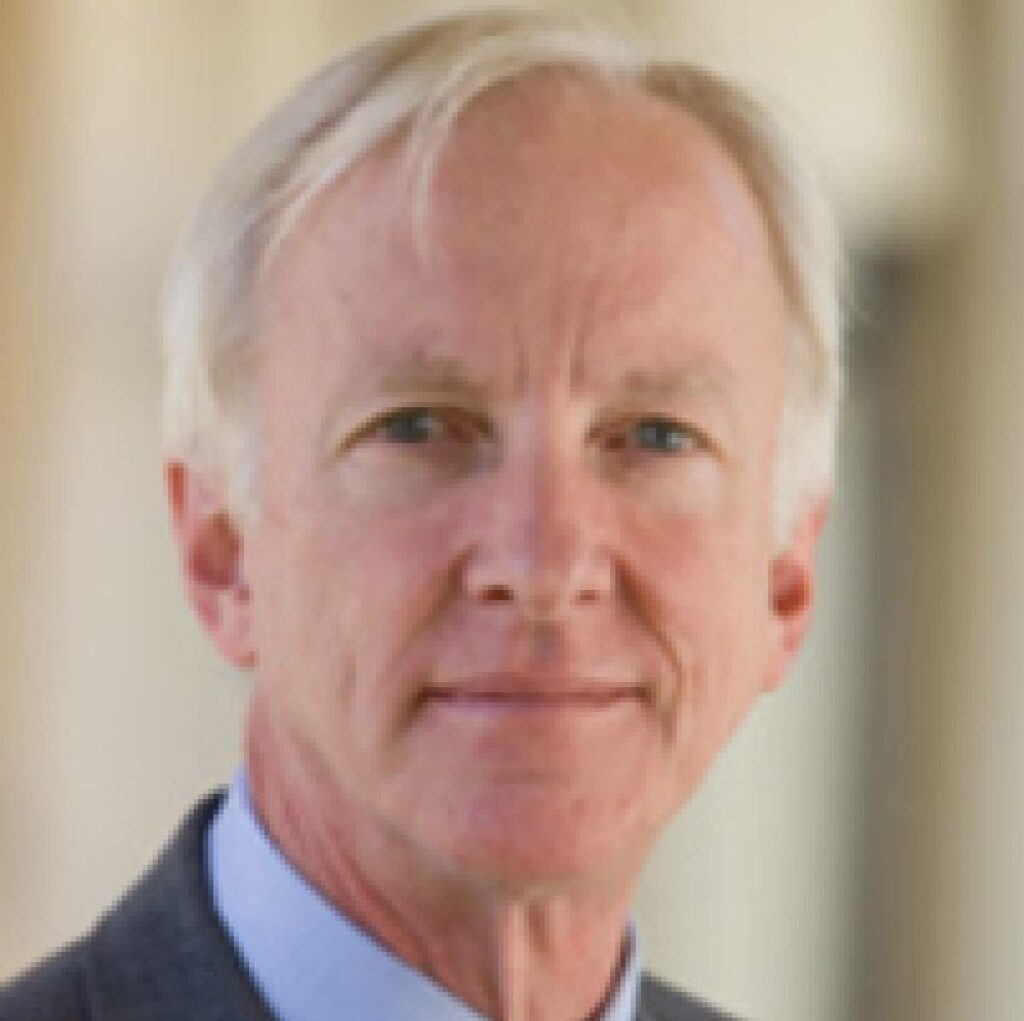
Ivan Edward Sutherland, an American computer scientist and Internet pioneer, along with Bob Sproull, an adjunct professor at the College of Information and Computer Sciences at the University of Massachusetts Amherst, are credited as the inventors of the first head-mounted display. Their groundbreaking invention, known as The Sword of Damocles, had the remarkable capability to render images based on the viewer’s changing pose, marking a major milestone in the development of the world’s first virtual reality system.
DARQ Society & Homo Quanticum Society ~ Quantum Technology QT
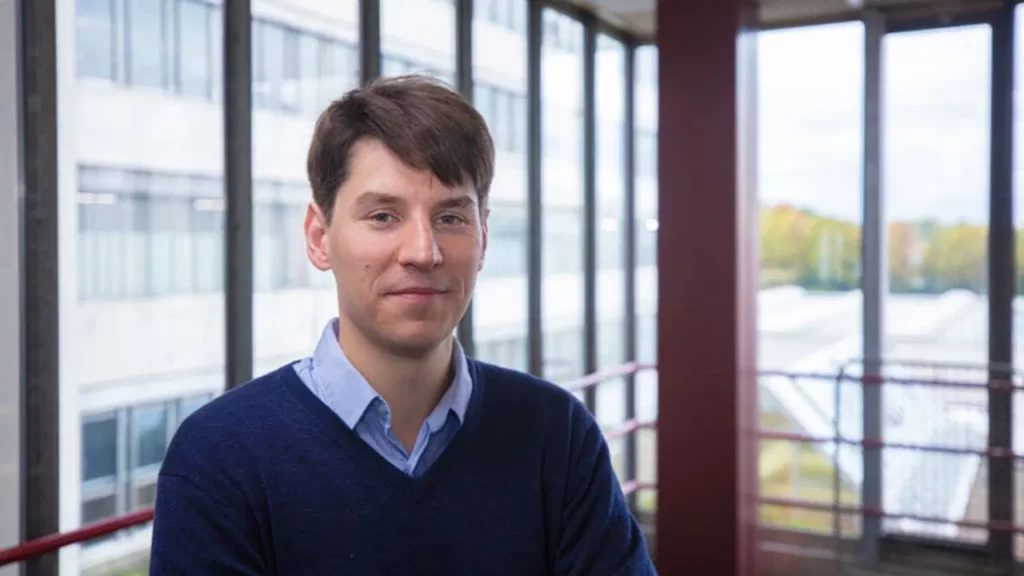
Prof. Dawid Kielak discovers the time fibers of our space!
Prof. Dawid Kielak
Dawid Kielak, a distinguished Polish mathematician, serves as a Professor of Pure Mathematics at the University of Oxford‘s Mathematical Institute and holds a Tutorial Fellowship at Hertford College. His scholarly pursuits focus on geometric group theory and the study of group rings.
He authored a groundbreaking paper on virtual fibring [1] and was honored with the Whitehead Prize by the London Mathematical Society in 2022 [2].
[1] RESIDUALLY-FINITE RATIONALLY-SOLVABLE GROUPS AND VIRTUAL FIBRING
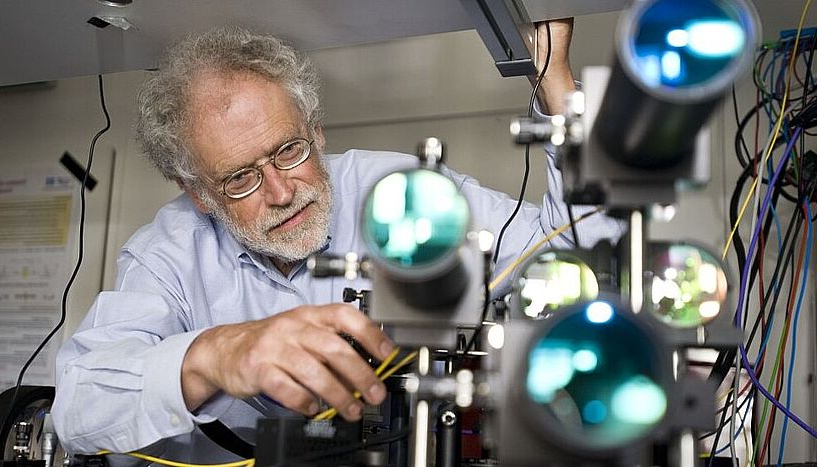
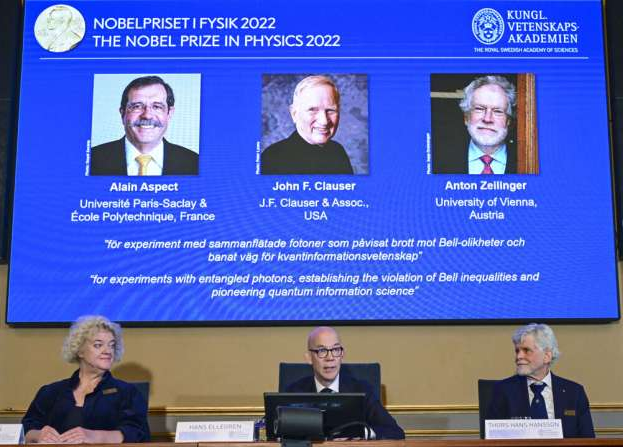
Homo Quanticum Centrism is the idea similar to Galileo Galilei [1] and Nicolaus Copernicus’s [2] theses concerging departure from the concept of the earth as a central point in the universe in favor of the heliocentric concept, where by analogy, we illuminate a transition from the electromagnetic and material essence of the human structure to the quantum structure of human’s information field system. This quantum-centric superhuman structure is defined by the construction of the information field resulting from coherences, decoherences, and recoherences that occur in the neural structure across the human body (neuro~centric consciousness [3]) and is superior in the universal, holistic perception of the human essence.
In 2022, the Nobel Prize in Physics was conferred upon three eminent quantum physicists, Anton Zeilinger, John Francis Clauser, and Alain Aspect, for their groundbreaking contributions to fundamental scientific and technological progress in Quantum Technology, laying the foundation for a new era of DARQ civilization. The prestigious award acknowledged their pioneering work on experiments with entangled photons, establishing the violation of Bell inequalities, and advancing the field of quantum information science.
[1] Mike Scott, “universal framework for understanding ‘oscillations’“, Aug. 15, 2023, Case Western Reserve University Press
[2] John Horgan , “The Rise of Neo-Geocentrism” Scientific American, November 2, 2016
[3] Asok K Mukhopadhyay and Jay Relan. “The DeepScience of NeuroCardiology“, Annals of Psychiatry and Clinical Neuroscience, 2020


Frank Wilczek, PhD
A Nobel laureate in physics, has made substantial contributions to theoretical physics, most notably with his work on axions and time crystals. In 1978, he proposed the axion as a solution to a longstanding symmetry problem in the strong force, which later became a prime candidate for dark matter, a mysterious and elusive substance. Wilczek also introduced the concept of time crystals, which exhibit periodicity in time rather than space, a breakthrough that has been experimentally realized and could have major implications in fields like quantum computing. His diverse, innovative ideas and ability to communicate complex science to the broader public have made him one of the most influential physicists of his time.
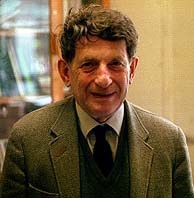

Bohm’s contribution to quantum physics challenged the traditional Cartesian model of reality, which posited two distinct substances, mental and physical, interacting in some way. He argued that this view was overly restrictive. To expand the understanding of reality, he introduced a mathematical and physical theory known as “implicate” and “explicate” order. Additionally, Bohm proposed that the brain, at the cellular level, operates based on the mathematics of quantum effects, suggesting that thought is distributed and non-localized, mirroring the behavior of quantum entities.
